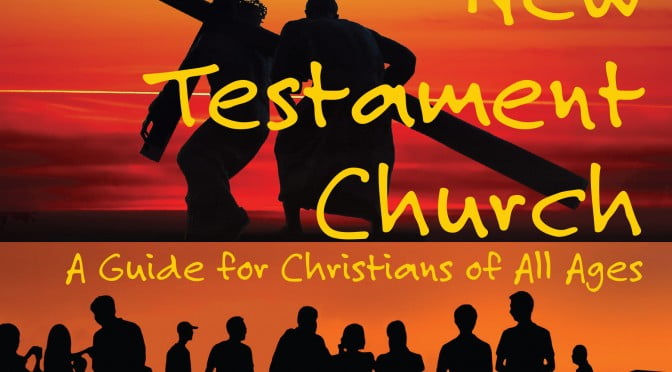(From Dave Black Online. Used by Permission.)
9:02 AM To follow up on Henry Neufeld’s insightful discussion of church leadership (Should Pastors Learn Textual Criticism?), I’d like to offer a brief word about the idea of “professionalization” and its bearing on eldership. I’ll use an analogy from aviation — an area of great interest to me seeing that I fly so much. The other night I watched a YouTube on the crash of Air France 447 in the Atlantic with the loss of all on board. That event, along with the crash of Asiana Airlines 214 in San Francisco and Colgan Air in New York, illustrated the need to retrain pilots to fly manually. There is no doubt that all three flight crews were sorely deficient in this area of training. In the case of Asiana 214, the NTSB determined that the probable cause of the incident was the flight crew’s mismanagement of the airplane’s descent during a visual approach and their inadequate monitoring of airspeed. Contributing to the accident was the pilot flying’s inadequate training in the planning and execution of visual approaches when the ILS (Instrument Landing System) glide slope was out of service, as it was on the day of the crash. In short, and as unbelievable as it may sound, the flight crew of Asiana 214 did not know how to manually fly a VFR (Visual Flight Rules) approach in perfect weather. They were frankly incompetent, and one of the reasons for their incompetence was their overreliance on automatics. Airlines have become so “automatics reliant” today that incompetent pilots slip into the system and are allowed to fly passengers whose lives depend on them.
I wonder. Could a similar argument be made when it comes to pastoring and teaching a local flock? Henry is probably correct when he asserts that a working knowledge of the biblical languages is an unrealistic expectation for a pastor today. Instead, the internet (automatics, if you will) has become the go-to source for knowledge about the biblical text. I have met many of my former students who, though they may have excelled in Greek 1-3, could not translate a single verse from their Greek New Testament today if their life depended on it. Proficiency is simply not expected. Many of us are content to run on “auto-pilot.” Just as expecting pilots to be able to hand fly a visual approach is an illusion today, so expecting pastors to do their study in the Greek and Hebrew is a pipe dream. This is indeed what some argue. Mastery of the languages simply takes too much work.
Unlike the flight crew of Asiana 214, the NTSB hit it right on the money: Asiana pilots need to be retrained. In this case, the pilots were both low and slow — a certain recipe for disaster. Flight Training 101 would have told them to apply power first. Instead, they pulled back on the yoke at stall speed without adding any additional thrust. The result? Three dead. And it could have been far worse.
Of course, I realize I’m showing my bias here. I love languages. I love studying languages. I love learning new languages. I work hard at keeping up the language skills I do have. At the same time, I don’t face the daily pressures that your typical pastor faces. As an emailer (himself a pastor) put it to me yesterday:
The pressure on today’s pastor is enormous to be all things to all people and be the best at that. The congregation doesn’t realize how they heap upon their pastor voluminous expectations of perfection and performance and then have the nerve to complain because the pastor didn’t speak to them or visit them this week while deacons sit at home, content that they have hired a religious expert to do the work of the ministry. “After all, that’s what we pay him for!!”
In the end, each of us has to decide what we will do with the languages. It is a very personal decision. Perhaps, as Henry argued, the best solution is team-leadership. Those without competence in the languages can learn from those who possess those skills. I’m all for that. I do know this. If ignorance is unacceptable when it comes to piloting a modern aircraft, I fail to see how ignorance is acceptable when people’s souls are at stake. Church and academy need to work better and wiser at training elders to “cut it straight.”


